I am the founder of a Swiss startup involved in the tokenization of shares and bonds. Too often, I hear how useful and great the tokenization of shares and assets is. The reality is that it is not!
In Switzerland by now, several companies have their shares tokenized, and some companies and cantons have issued bonds on-chain. The Swiss Digital Exchange (the blockchain branch of the Swiss Stock Exchange) has been trying to make something out of their tokenization service since 2018, without making any progress.
Huge institutions have spent millions trying to bring this new technology to global adoption and failed. The Australian stock exchange has closed operation since end of 2022 after writing off $170M.
Why hasn't tokenization gained global traction yet?
It's very simple, tokenization on its own is just a marginal improvement, it's not a 10x improvement from the previous system, justifying the effort of learning and switching onto this new system. On its own, it improves a bit the efficiencies of moving assets around, but the current system is quite good already.
Where and how does tokenization make sense?
Let's take an example to explain my point:
Startup crowdfunding
If today you invest in startups unless you are a HNWI or have some good connections, you will have to go through crowdfunding platforms like Republic or Seedrs.
Choose a startup, invest, and perhaps a year later, you decide to sell. You list your intention to sell on the platform, hoping for a buyer. The illiquidity of startup investments for a seller remains a hurdle; tokenizing these shares doesn't necessarily change this if only platform members can buy from you.
And before someone brings up the potential of share fractionalization through tokenization – you might wanna know that shares can't be fractionalized by law below one share. The entire notion of fractionalization is a pervasive myth in the tokenization space.
Tokenization doesn't automatically result in liquidity; it unlocks the potential for liquidity.
The Real Potential of Tokenization
Lies in improving the current status quo by making startup shares tradable and liquid as as listed stocks or crypto.
Here is where tokenization comes in handy. The current platform and traditional exchanges are not suitable for low-traded assets, and therefore, market makers would not make enough money, and probably, there would not be big trading volumes at the beginning to justify the costs of creating a market.
Here is why if you tokenize startup shares, and you use a DEX to make them tradable 24/7, here is where the 10x materialize. Startups would tokenize just the portion of equity that they want to sell in order to raise funds from an army of retail investors and once they raise a portion of the funds raised is allocated to a liquidity pool on a DEX, effectively seeding the people with some USDC and some tokenize shares so you have the pair in the pool.
Hence, you achieve what before was unimaginable continuous liquidity of startup shares, this is a 10x improvement and tokenization here make sense cause otherwise you could not interact with a DEX.
Let me know what your thoughts folks.
[link] [comments]

You can get bonuses upto $100 FREE BONUS when you:
💰 Install these recommended apps:
💲 SocialGood - 100% Crypto Back on Everyday Shopping
💲 xPortal - The DeFi For The Next Billion
💲 CryptoTab Browser - Lightweight, fast, and ready to mine!
💰 Register on these recommended exchanges:
🟡 Binance🟡 Bitfinex🟡 Bitmart🟡 Bittrex🟡 Bitget
🟡 CoinEx🟡 Crypto.com🟡 Gate.io🟡 Huobi🟡 Kucoin.
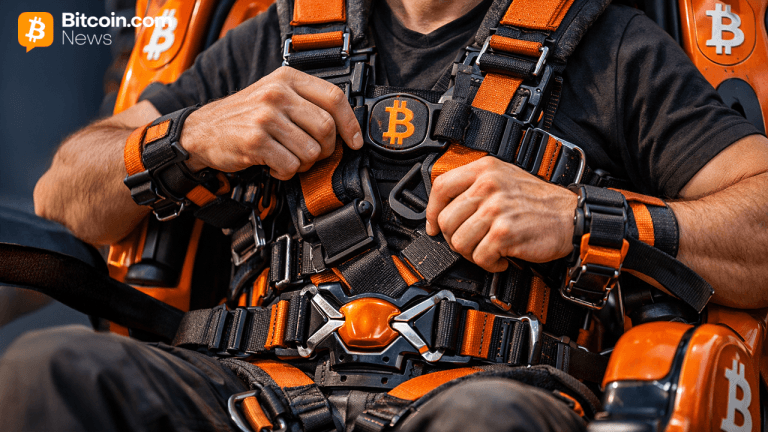

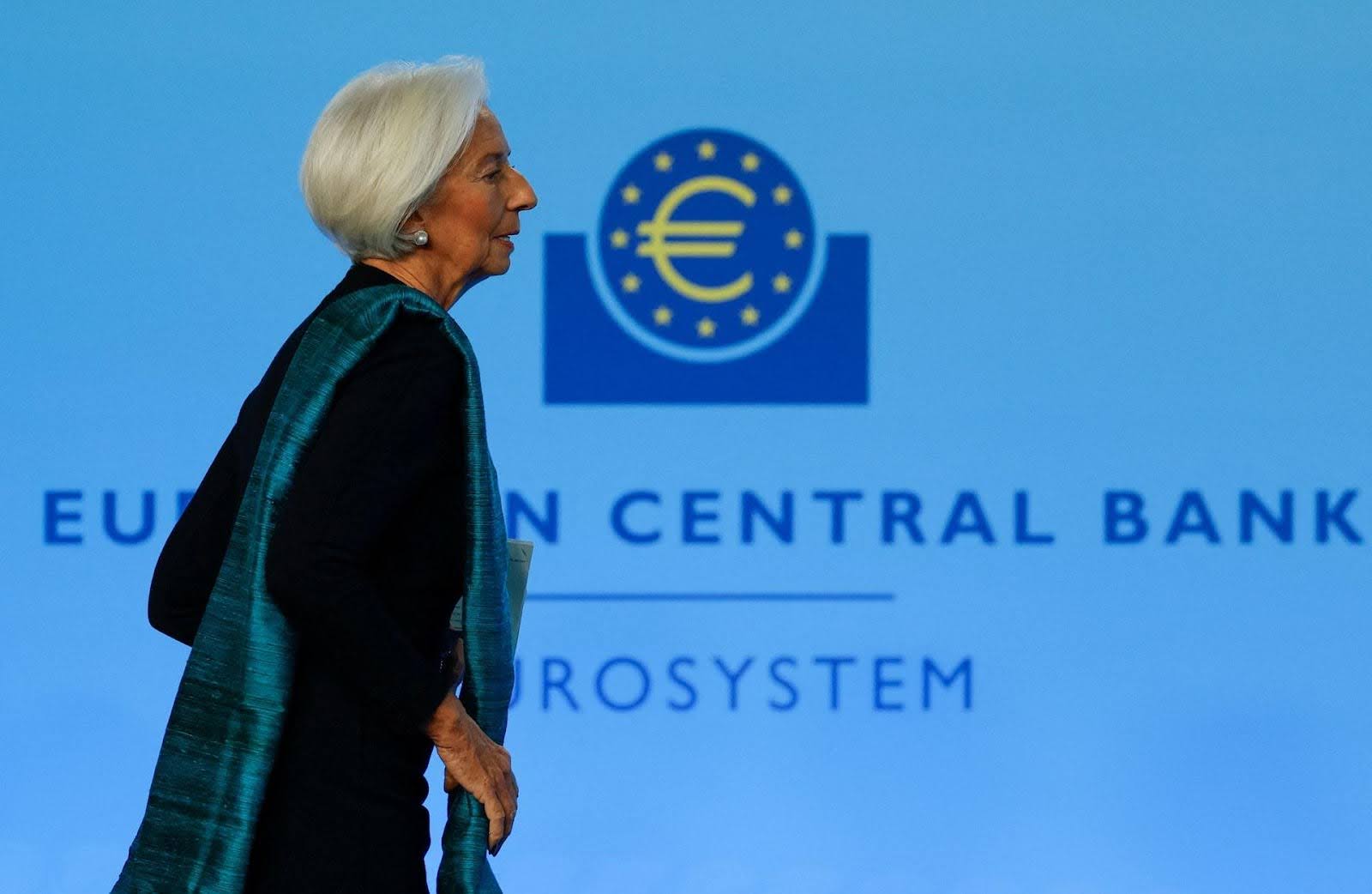
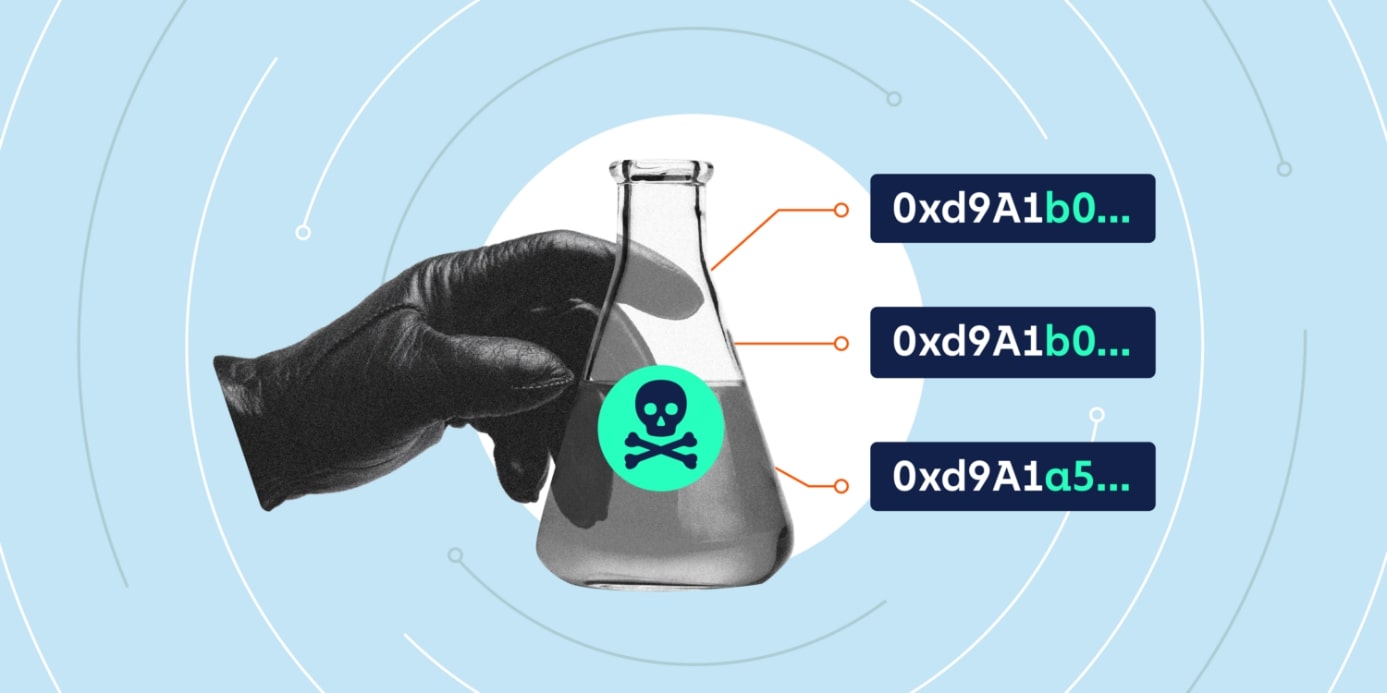

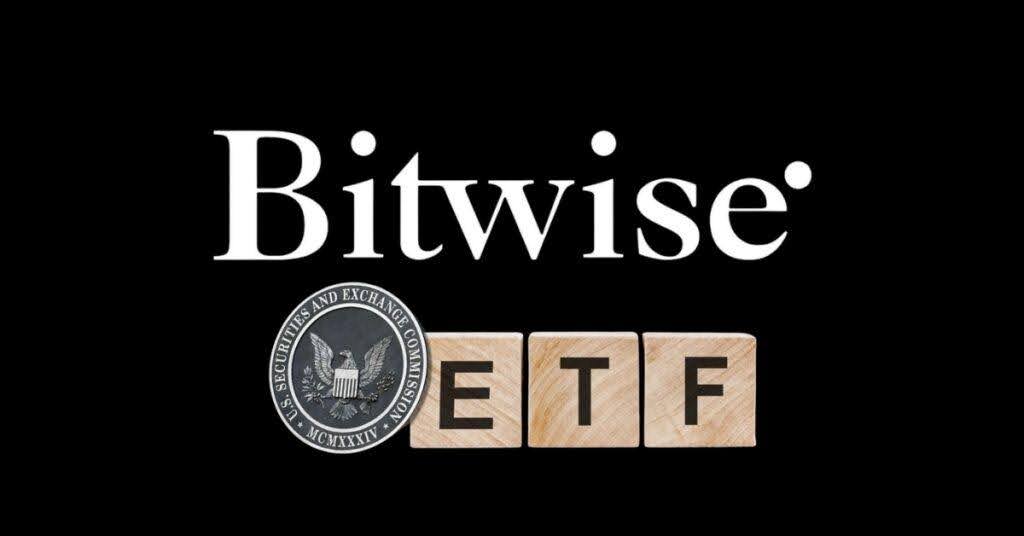

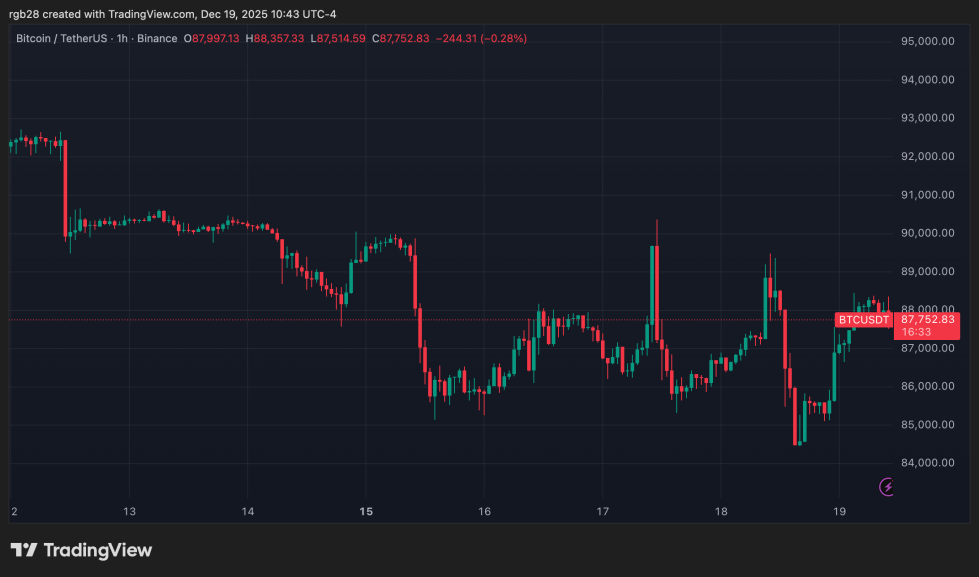



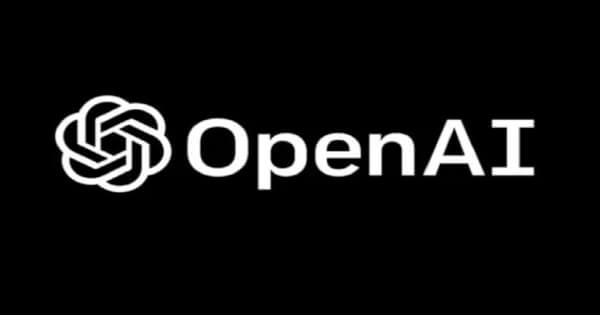


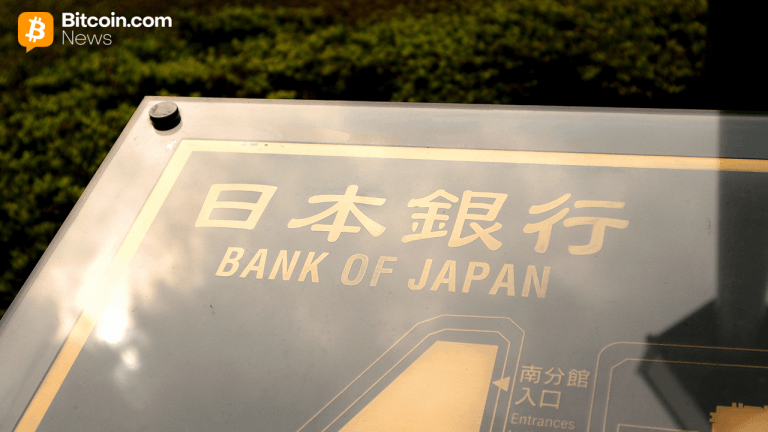

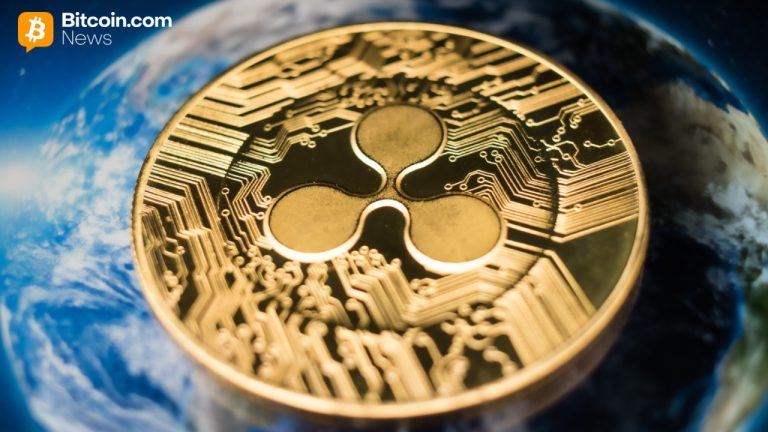
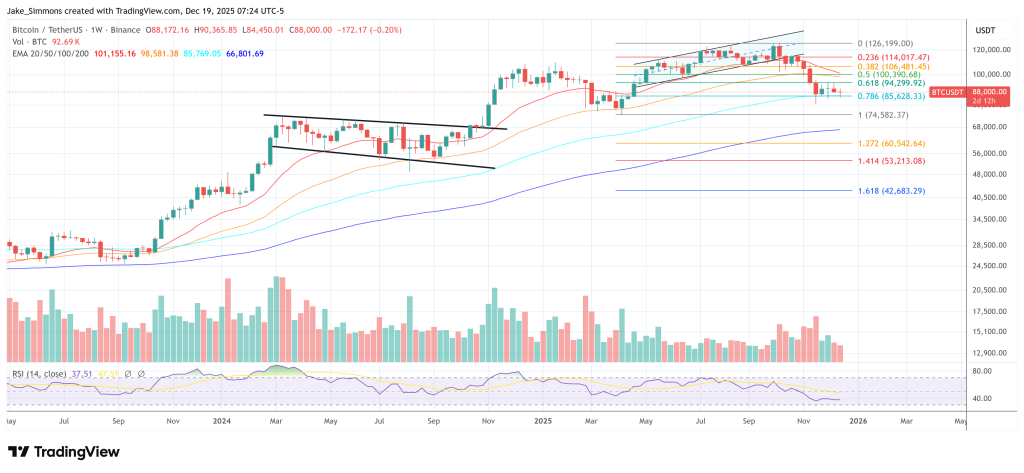
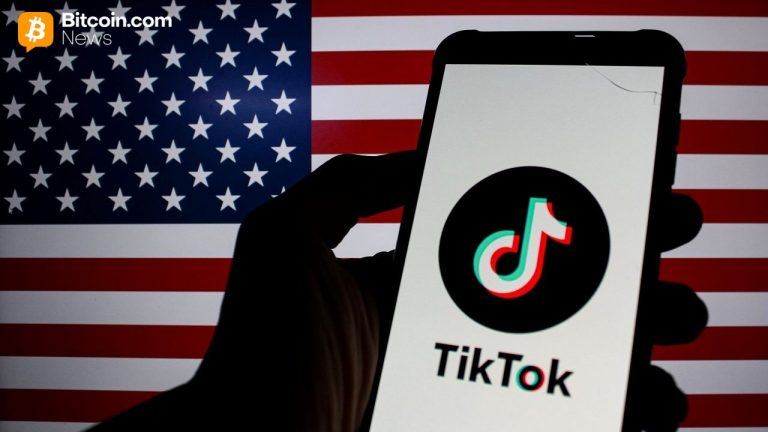

Comments